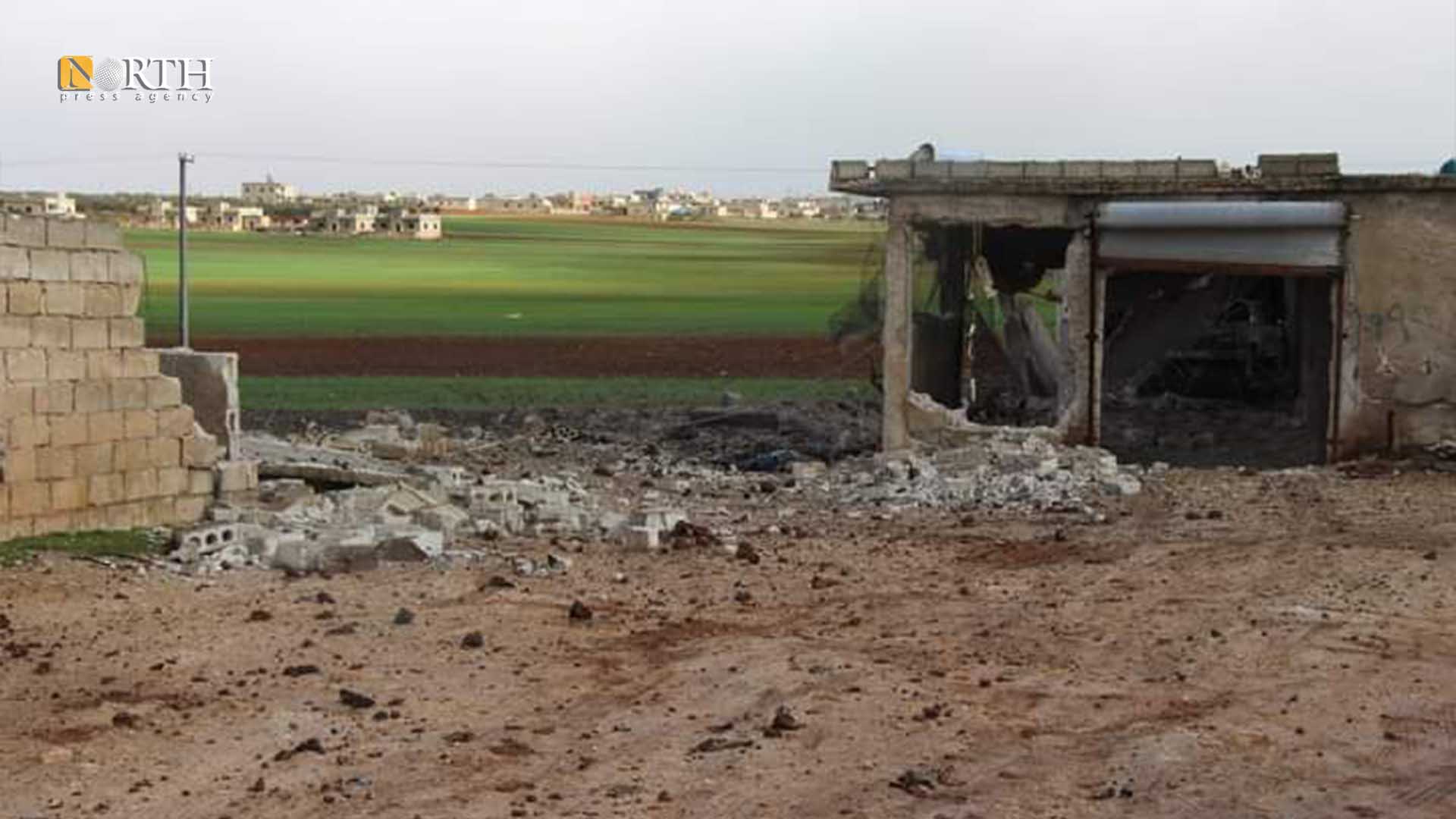IDLIB, Syria (North Press) – Residents who have returned to their houses in the town of Ma’arat al-Na’san in the eastern countryside of Idlib, northwestern Syria, said that there are still no services in the town, despite the passage of nearly a year of ceasefire in the area.
“More than 500 families have recently returned, part of them were those who lived in the IDP camps, and others who displaced to the nearby villages in Aleppo and Idlib countryside,” an official from the town said.
Despite the relative calm since 2020 in Ma’arat al-Na’san, residents and workers of organizations fear from entering because it is close to the Syrian government forces-held areas.
Residents of the town said that aid and services reach neighboring villages and towns, even though they are located in the frontlines between the armed opposition groups and the government forces.
Early in 2020, the area witnessed furious battles between the opposition groups and the Russian –backed government forces.
On March 6, 2020, a ceasefire took effect in the region, following the Russian-Turkish agreement reached in Moscow.
Farid Shahod, head of the Ma’arat al-Na’san Local Council, told North Press that more than 40% of the town’s neighborhoods and infrastructure are destroyed.
He estimated the damage afflicted the drinking water grid and the stations feeding it at 50%, forcing people to buy water from tanks at high prices.
Also, families of the town are obliged to transfer their patients to the city of Idlib, 35 km away, due to the shortage in the equipment and medicines at the medical point in the town.
Civil defense teams are working to open roads in the town by removing rubble, but the reality of basic services remains the same, according to Shahod.
Amer Halabi, a returnee, said that he still prefers to live in his house, “because of the bitterness of living in the camps, it is very hard to live under tents.”
Halabi is forced to buy water at high prices, amid difficulties of living and lack of job opportunities.
In addition to services, the lack of development in agricultural projects and animal husbandry constitutes the most prominent living challenges for the population who used to depend on them for their livelihood.
Youssef Sattouf said that he started plowing his land a few weeks ago and planting it with wheat and barley, “despite our fears that it will be burned at harvest time as it is close to the frontlines with the Syrian regime forces.”

